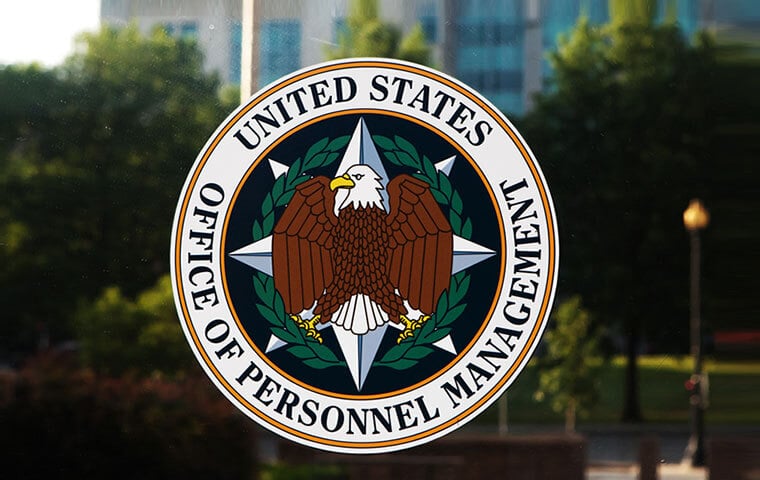 Several cases involved criminal charges. Image: Mark Van Scyoc/Shutterstock.com
By: FEDweek Staff
Several cases involved criminal charges. Image: Mark Van Scyoc/Shutterstock.com
By: FEDweek StaffThe fund that pays benefits under the CSRS and FERS retirement systems made some $326 million in improper payments in fiscal 2022, the inspector general’s office at OPM has said, adding that “the most common causes of improper payments are related to annuitant deaths that are unreported or unknown to OPM.”
“These unreported deaths may allow payments to continue because of program vulnerabilities or intentional fraud on the part of bad actors. Sometimes, CSRS or FERS improper payments continue for years and cost tens of thousands of dollars before discovery,” it said.
Other forms of fraud against the program include forging of documents such as address verification letters, identity theft and other schemes, it added.
It cited cases that were resolved in the last calendar quarter of 2022 involving unreported deaths of beneficiaries including overpayments of about $428,000 over 11 years resulting in an agreement in which an individual agreed to repay $380,000; $72,000 over about one year of which nearly all was recovered; $194,000 in payments for a survivor beneficiary over three years, which also was nearly fully recovered; $330,000 over 15 years involving two separate deaths with no mention of a recovery.
Several of those cases involved criminal charges, the report noted, and several involved judgments by the Treasury Department against financial institutions for failing to report information they had regarding the recipient’s death.
Most commonly fraud is discovered after referrals to the IG from law enforcement agencies or OPM’s retirement services office, although the IG also initiates some investigations “through data analysis, ongoing investigative and demographic projects, and other methods.”
“In some cases, instead of finding overpayments, we find information about annuities owed to annuitants or survivor annuitants and can provide information to OPM so the agency can pay these annuities owed to OPM beneficiaries,” it added.
Senate Eyes Vote to Pay Federal Employees Working Unpaid
Series of Bills Offered to Address Shutdown’s Impact on Employees
Public Starting to Feel Impact of Shutdown, Survey Shows
OPM Details Coverage Changes, Plan Dropouts for FEHB/PSHB in 2026
Does My FEHB/PSHB Plan Stack Up? Here’s How to Tell
2025 TSP Rollercoaster and the G Fund Merry-go-Round
See also,
TSP Takes Step toward Upcoming In-Plan Roth Conversions
5 Steps to Protect Your Federal Job During the Shutdown
Over 30K TSP Accounts Have Crossed the Million Mark in 2025

